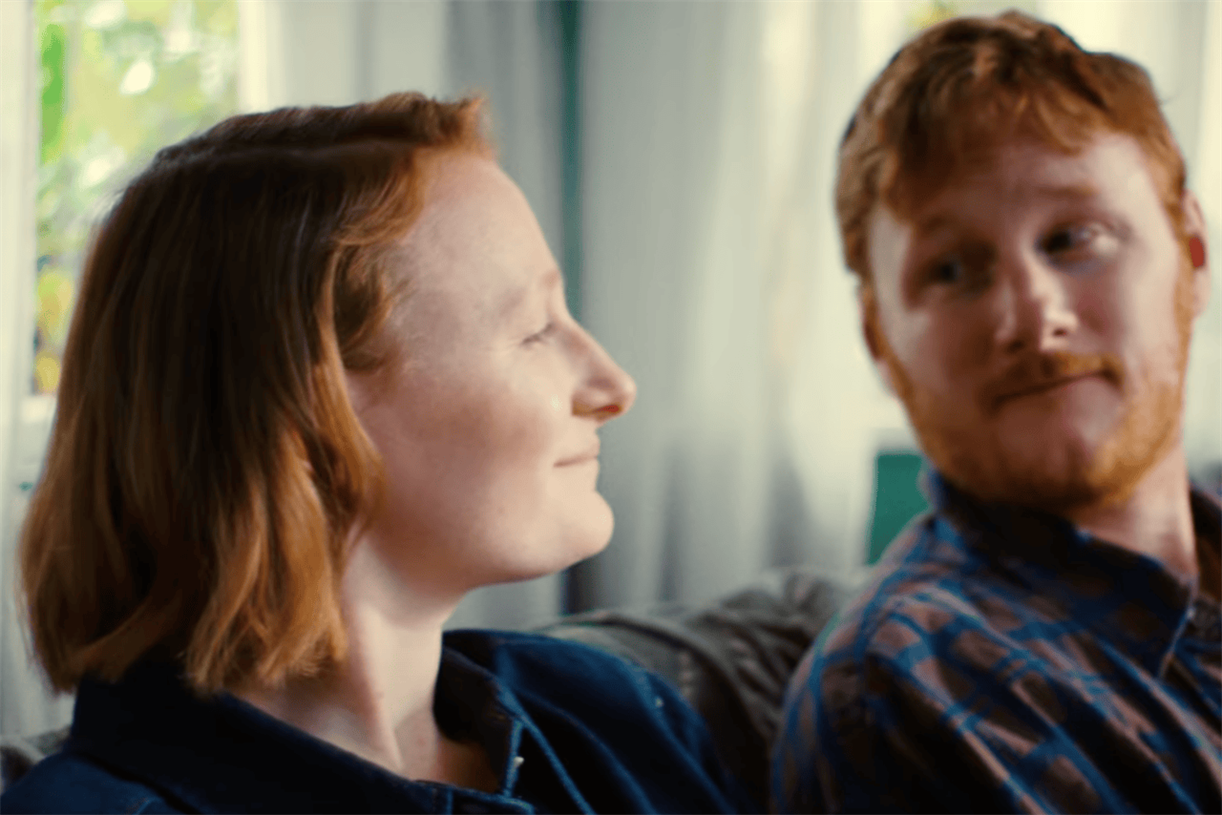Escape the 'Grind Mentality' and Stop Saving Every Single Penny
If you’ve ever come across the internet subculture of motivational speaker entrepreneurs, you know they’re going to advise you to work as hard as you can in your youth to save as much money as possible so that you...


Photo: antstang (Shutterstock)
If you’ve ever come across the internet subculture of motivational speaker entrepreneurs, you know they’re going to advise you to work as hard as you can in your youth to save as much money as possible so that you can one day be 1) very rich and 2) very happy. Tik Tok star Gary Vaynerchuk boasts about how in his twenties, he didn’t go on vacations or buy fancy things. And real estate investor and author Grant Cardone advises his followers, “don’t spend time and money on things, toys, holidays, or moments,” so that you can spend all available resources on self-improvement in service of becoming a millionaire.
Should you adopt a “grind mentality”?
This way of thinking has become colloquially known as the “grind mentality,” and some financial experts warn of its drawbacks. That’s because there is a cost that comes associated with forgoing spending money in service of growing your savings. Angela Travillian of Investopedia warns that saving too much can actually lower your quality of life during your working years and cause undue financial stress. Anna Hecht of CNBC points out that since people today are working for longer than they used to, it’s not always realistic to neglect your current needs. Basically, you’ll end up doing yourself a disservice if you cater your life around trying to save every possible penny.
The grind mentality can also lead to what Fortune has dubbed “extreme frugality,” which is when you view spending as a bad thing, no matter how much money you have. It warns that people who’ve fallen into the extreme frugality mindset run the risk of missing out on investing in tools that could simplify some aspects of their life, as well as enjoying access to things and experiences you care about. So, how do you unlearn an extreme frugality mindset?
Find out your “survival number”
It sounds scary, but it’s not. Your survival number is the amount of money you need to survive each month if you’re only covering your bare minimum needs. Calculating your survival number gives you clarity into the full picture of your financial situation, allowing you to see what exactly it is you have left over to invest, save, or spend on yourself. Jully-Alma Taveras of Time Magazine created this downloadable spreadsheet to help you find your survival number. This should help ease anxiety you’re feeling if you’re worried about not having “enough.”
Indulge—but in a financially responsible way
One former Lifehacker writer put it best when she wrote, “if the end goal is to get rich, or at least reach financial independence, forgoing a cup of coffee on the way to work won’t get you there, anyway.” She’s right, of course, but if taking the leap to splurge on yourself in that way is hard for you, find ways to make the most out of your “fun money” priorities.
Are you a fan of going to the movies? Instead of spending per visit, consider one of the monthly movie theater plans. Do you enjoy getting lunch outside of the home once in a while? Get the most bang for your buck by playing the apps for deals. Want to travel affordably? Know when to get the cheapest flights and how to make the most of economy.
Seek professional help, if needed
The Centre for Psychology and Emotional Regulation defines extreme frugality as a potential symptom of obsessive-compulsive personality disorder. Dr. Robert Hudak, of the University of Pittsburgh Medical Center, recommends you seek professional help if your “frugality negatively affects relationships or the quality of your life because you can’t spend time or money on fun or relaxation.” Dr. Fugen Neziroglu, of the Bio Behavioral Institute in New York City, told Everyday Health that it’s possible to get treatment for OCPD, but it may take a year or more to get under control.
Tools like Choosing Therapy are great options to use to connect with a mental health professional who specializes in treating OCPD.

 MikeTyes
MikeTyes 































